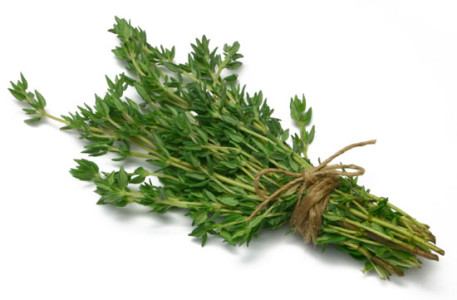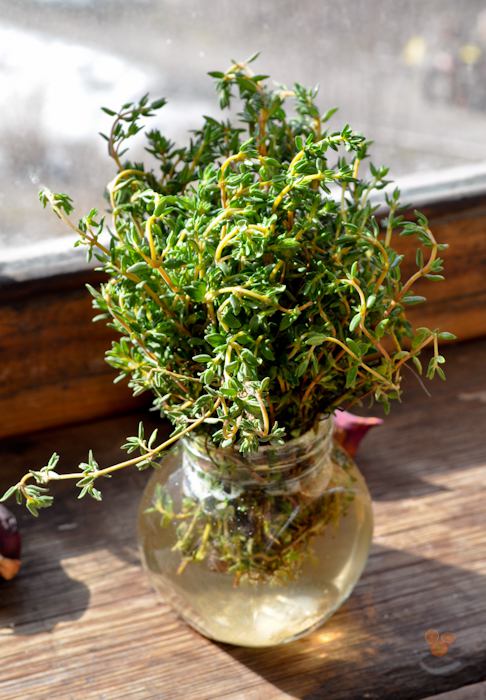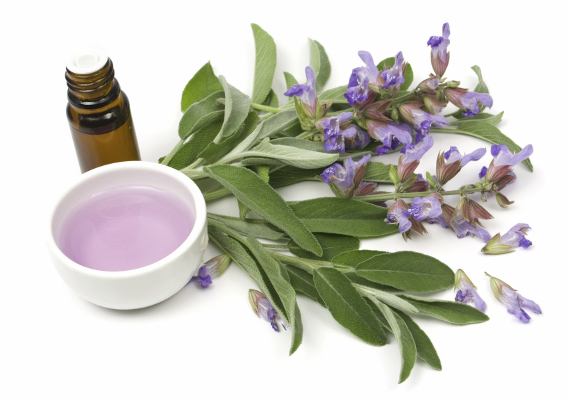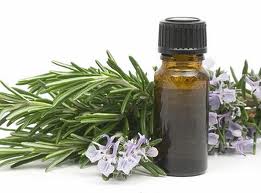Thyme, along with oregano, is highly effective against fungi and bacterial infections—indeed, thyme was used by ancient Greeks to preserve meat. This efficacy is attributed to thymol .
Thyme essential oil retains all the beneficial properties of the fresh herb. It is especially popular in cosmetology for treating oily skin and acne. The oil is also used as a hair rinse to treat and prevent seborrhea and is added to massage oils to combat cellulite.
Thyme oil is a powerful antiseptic, making it useful for treating infectious diarrhea and various intestinal bacterial infections. Its antiseptic properties extend to women’s health issues caused by fungi and pathogenic microorganisms, and it acts on the urinary system as well.
Thyme oil stimulates blood circulation and slightly raises blood pressure, but its diuretic effect helps regulate this pressure increase.
In a home pharmacy, thyme essential oil can substitute iodine, green antiseptic, and alcohol. It can be applied to cuts, eczema, weeping sores, non-healing scars, and even post-surgical stitches. It can also be used to soothe insect bites.
Thyme oil boosts the immune system and combats flu and colds (in inhalations or through the use of an aroma lamp). Diluted in a carrier oil, it alleviates pain from arthritis and rheumatism.
Regularly brushing your teeth with a toothpaste containing a drop of thyme oil can prevent cavities, dental plaque, and treat gum diseases and bacterial-induced stomatitis. Thyme’s medicinal uses are discussed in the article Thyme in Medicine .
Due to its high phytohormone content, thyme oil alleviates premenstrual syndrome, treats frigidity (including psychological), and normalizes the menstrual cycle.
Important: Always use thyme essential oil diluted in a carrier oil or water.
The aroma of thyme oil promotes harmony, balancing feelings and sensations.
For aroma lamp blends, thyme pairs well with orange, bergamot, ginger, lavender, lemongrass, lemon balm, juniper, mint, and rosemary.
Avoid using thyme oil during pregnancy due to its high phytohormone content.
Consider growing thyme in a pot at home .




